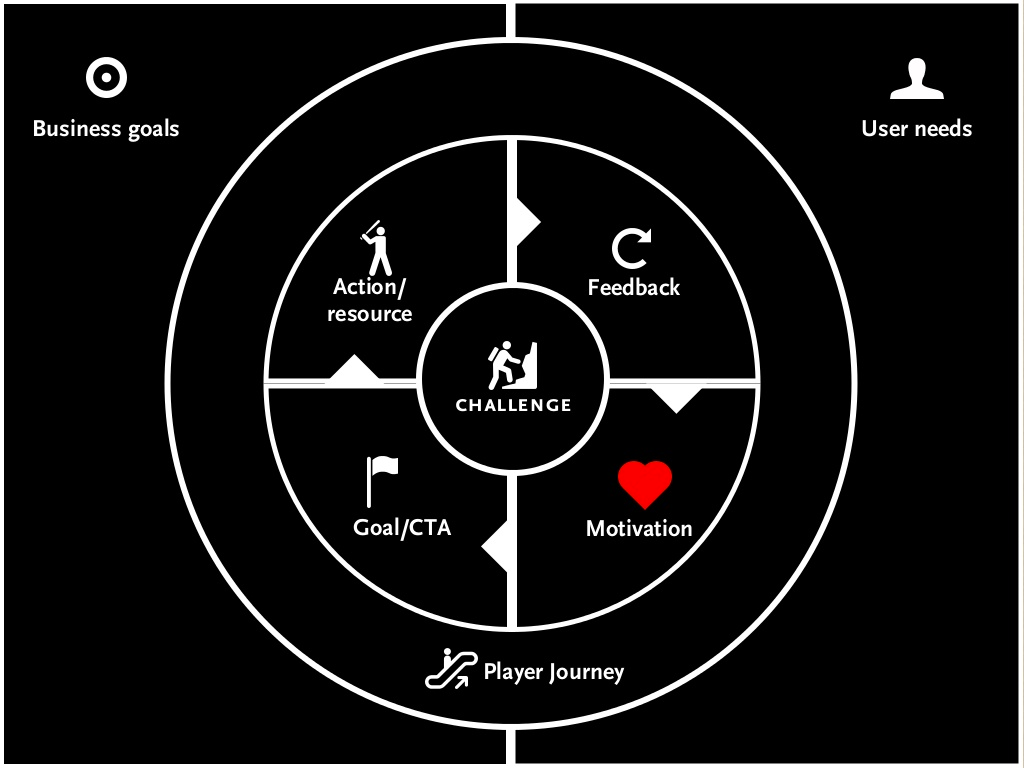Hookup Doc: Your Go-To Guide for All Things Dating
Explore the latest trends, tips, and advice in the world of dating and relationships.
Game On: Captivating Players with Engagement Mechanics That Stick
Unlock the secrets of player engagement! Discover game mechanics that keep players coming back for more. Dive into Game On now!
Unlocking Player Motivation: The Science Behind Engagement Mechanics
The key to player motivation lies in understanding the psychological principles that govern engagement mechanics. Various elements such as reward systems, challenges, and social interaction play a vital role in keeping players invested. By incorporating features like tiered rewards or achievement badges, game designers can tap into the intrinsic and extrinsic motivations of players, leading to a more captivating experience. For instance, studies have shown that when players receive immediate feedback for their efforts, they are more likely to stay engaged and motivated to continue playing.
Additionally, the application of the flow theory can provide insight into enhancing player engagement. This theory emphasizes the balance between skill and challenge, suggesting that games should be designed to keep players in a state of flow—where their skills match the challenges presented. If a game is too easy, players may experience boredom; if too difficult, they may feel frustration. By fine-tuning the difficulty levels and introducing progression mechanics, developers can create a sustainable loop of challenge and reward that keeps players returning for more, ultimately enhancing their motivation and enjoyment.

Counter-Strike is a highly popular tactical first-person shooter game that pits teams of terrorists against counter-terrorists in objective-based gameplay. Players can enhance their gaming experience and potentially earn rewards by using offers such as the duelbits promo code, which can provide various in-game benefits and bonuses. The game's competitive scene is vibrant, featuring numerous tournaments and a large community of dedicated players.
Top 5 Engagement Mechanics That Keep Players Coming Back
In the world of gaming, keeping players engaged is paramount for success. The best games employ various engagement mechanics that not only enhance the user experience but also encourage players to return time and again. One such mechanic is the use of reward systems, where players earn rewards for completing tasks, reaching milestones, or participating in community events. These rewards can come in many forms, such as in-game currency, unique items, or even exclusive content that can boost a player's status within the game. This creates a compelling reason for players to log back in regularly and strive for more.
Another critical engagement mechanic is community building. Many successful games integrate social features that allow players to form friendships, join guilds, and participate in cooperative challenges. This sense of community not only fosters collaboration but also adds a layer of competition among players. Furthermore, developers often include seasonal events and challenges that encourage gamers to interact and share their experiences. As players connect with others, they develop a stronger attachment to the game, boosting retention rates significantly.
How to Measure and Improve Player Engagement in Your Game
Measuring player engagement in your game is crucial for ensuring its success and longevity in a crowded market. One effective way to gauge engagement is by analyzing metrics such as session length, daily active users (DAU), and retention rate. By tracking these key performance indicators (KPIs), you can get a clearer picture of how players interact with your game. Tools like Google Analytics and in-game tracking systems can help collect this data. Additionally, conducting surveys and gathering player feedback through forums or social media can provide qualitative insights that numbers alone may not reveal.
Once you have a firm understanding of your player engagement levels, it's time to implement strategies for improvement. Consider introducing game updates, including new content or features that keep the experience fresh and exciting. Engaging players through community events, in-game challenges, and reward systems can enhance their emotional connection to the game. Another effective approach is to utilize personalization, tailoring the gaming experience based on player preferences and behavior. By fostering a lively and responsive environment, you can significantly boost player engagement and ultimately drive your game's success.